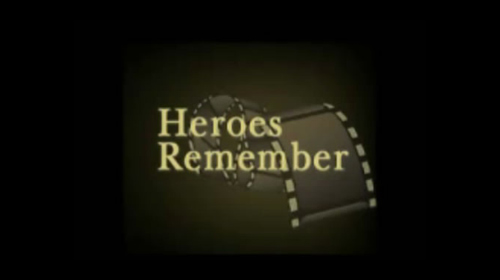We lost two boys overboard
First World War Audio Archive
We lost two boys overboard
This video format is not currently supported!
Transcript
Description
Mr. Bourne describes the trip from Halifax to Great Britain in a small convoy, losing two men in rough weather, and doing extra bugling duty since he wasn’t seasick.
Francis Bourne
Francis Bourne was born in West-Ham, England, on June 6, 1899. His family moved to Canada in 1906. With his parents’ permission, he joined the 90th (Royal Winnipeg) Rifles in September 1915, becoming a bugler. Once in England, Mr. Bourne was attached to the 10th Brigade, 2 Company which served as a supply battalion in France. While not seeing direct action, the risk to the supply lines from shelling and bombing was high. After returning home from the war, Mr. Bourne had a variety of employment before finally joining the Canadian National Railroad in 1922. During the Second World War, Mr. Bourne answered his country’s call once more, training personnel in the 2nd Armoured Car Division at Winnipeg. Married and widowed twice, Mr. Bourne died on May 16, 1993.
Meta Data
- Medium:
- Video
- Owner:
- Veterans Affairs Canada
- Duration:
- 2:19
- Person Interviewed:
- Francis Bourne
- War, Conflict or Mission:
- First World War
- Location/Theatre:
- Europe
- Branch:
- Army
- Units/Ship:
- 10th Brigade
- Occupation:
- Supplyman
Attestation
Related Videos
- Date modified:



